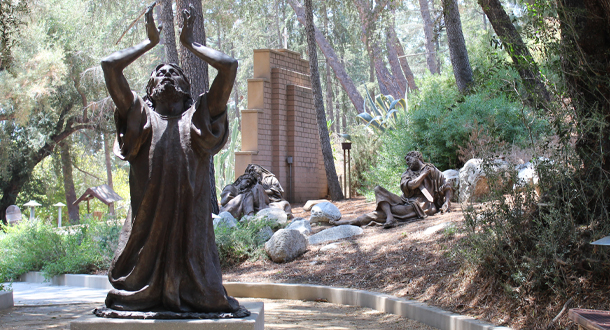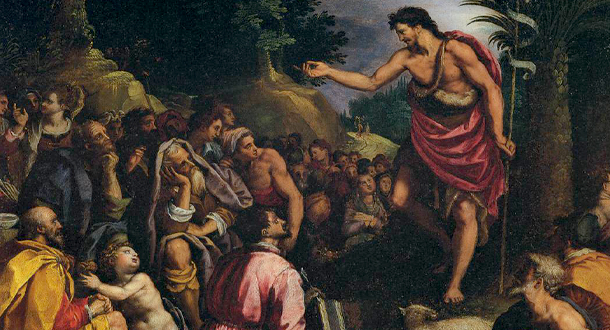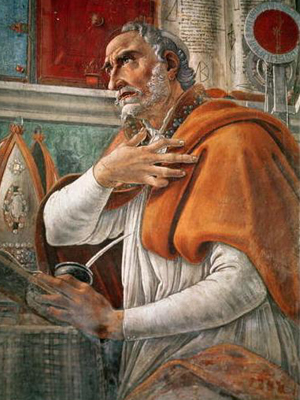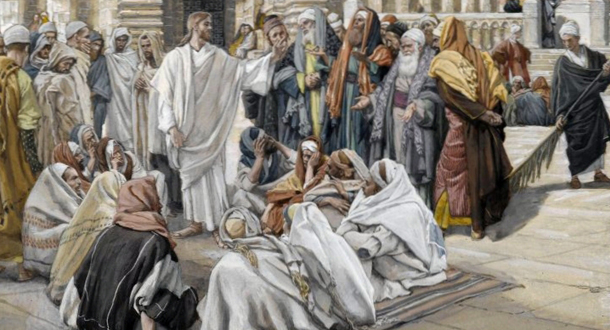
Scripture:
1 Thessalonians 4:1-8
Matthew 1:1-13
Reflection:
Today we read the parable of the ten virgins or bridesmaids. The groom, in Jewish wedding custom, first celebrated a meal at home with family and friends. Then the party moved to the bride’s family home. The bridesmaids waited for the groom’s arrival at which time everyone entered the home for the wedding ceremony. The groom’s meal in the parable lasted longer than expected, so the bridesmaids became sleepy. Only the five bridesmaids who brought enough oil for their lamps were ready for the groom and welcomed into the home. So many lessons in this parable! For today’s reflection, let’s focus on the lessons of “waiting” and “filling our own lamps”.
Jesus, like the groom in the parable, will return one day, but we do not know when. The original context is the Second Coming, but the message equally applies to our personal time on earth. Our challenge while waiting is to use the opportunity to prepare for Christ’s coming while avoiding the drowsiness of distractions.
The lesson of the lamps is that we are responsible for our own oil of preparation for heaven. True, we must share with others. However, when preparing for our salvation, each of us is on our own. “Go instead to the merchants and buy some [oil] for yourselves.” Even if the five wise bridesmaids wanted to share, they could not. Spiritual directors, mentors and teachers may show us the way, but we are responsible for our own preparation.
Through prayer, reflection, and charitable works, we can use our waiting time productively while also filling the lamps for our spiritual journey.
Mike Owens is the coordinator of the Passionist Formation Alumni Association and a member of the Province Commission on Migration. He lives in Louisville, Kentucky.







